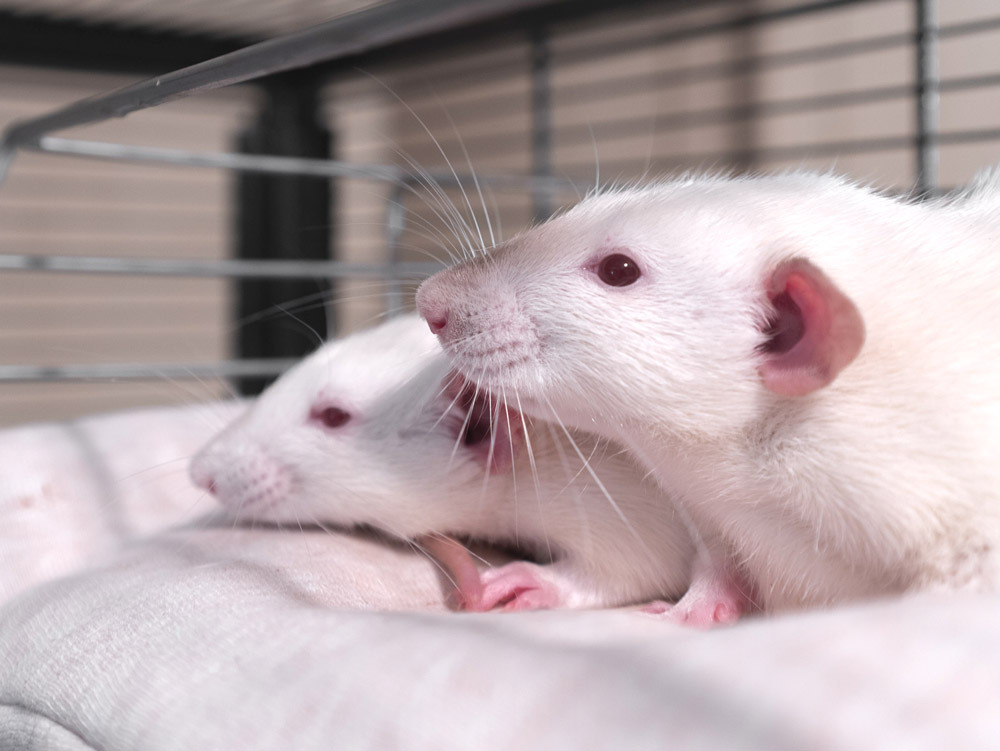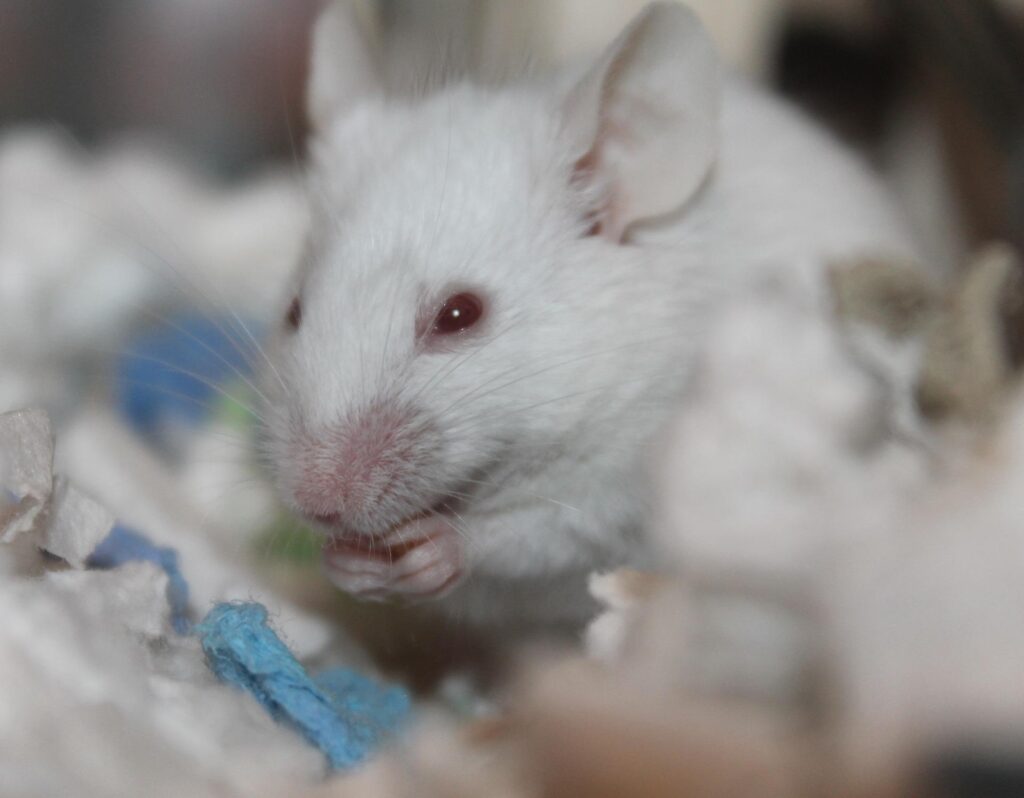
Blog article by Ashlie Reker, Ph.D., Benjamin L. Wyman, M.A., and Austin Lanham.
The Principles of Humane Animal Experimentation, originally outlined in 1959 by Russell and Burch, laid the foundation for the basis of animal welfare in research that we still use today. One of the lasting impacts of their work was the creation of the 3 R’s- Reduction, Refinement, and Replacement (not to tướng be confused with Reduce, Reuse, Recycle).
Bạn đang xem: 3r
These principles serve to tướng guide in vivo researchers to tướng achieve the highest degree of animal welfare during the experimental process. With modern technology, we can attain the highest level of animal care without disrupting research projects.
One of the greatest challenges for researchers has historically been their ability, or lack thereof, to tướng sufficiently document the health and experimental processes associated with an animal. The use of spreadsheets, notebooks, or even sticky notes to tướng track clinical diagnoses, treatments, and tests, has cost valuable time as technicians scramble to tướng record and later compile regulatory reports. This inefficiency can lead to tướng unwanted animal welfare outcomes and places unnecessary stress on both animals and staff.
In vivo research management software, like Climb, can help improve animal and staff welfare by tracking, recording, and compiling the necessary information easily in one spot. However, to tướng fully understand Climb’s capabilities, we need to tướng understand what the 3 Rs are and how they function within in vivo research¹.

- Completing a power analysis to tướng ascertain the smallest group size required to tướng obtain statistically significant data
- Performing multiple experiments simultaneously so sánh the same control group can be used for all experiments
- Designing experiments so sánh animals serve as their own controls
- Using newer instrumentation that improves precision and reduces animals needed per data point
- Sharing tissues with other investigators at the completion of an experiment
- Improving surgical techniques to tướng reduce loss and recovery time
- Modification of research procedures to tướng be less invasive, painful, or stressful
- Utilizing up-to-date anesthetics and analgesics that reduce complications, stress, and recovery time
- Provide environmental enrichment
- Use of cell culture or organoids
- Use of bench assays to tướng replace bioassays involving animals
- Use of in silica computer modeling
– Providing access to tướng aggregated, searchable data- allowing scientists easy access to tướng an archive of original and accurate historical data can prevent unnecessary experimental replication.
Xem thêm: tử vi tuổi bính dần năm 2022 nữ mạng
– Improving experimental reproducibility by providing detailed experimental protocols, study information, and data collection processes that can be easily accessed by collaborators or shared externally.
– Comprehensive mating and births management capabilities prevent over-breeding of strains.
– Complete colony management and census provides full situational awareness, ensuring animals are allocated to tướng a research protocol as soon as possible instead of maturing out of acceptance criteria and being euthanized.
Xem thêm: say đắm trong lần đầu
– Up-to-date animal monitoring across several communication platforms (including internal messaging, tin nhắn, and SMS) allows for immediate response to tướng animal welfare concerns and reduces unnecessary suffering.
– Auditing and electronic signatures help identify staff and processes that require additional training and method modification, respectively.
– Streamlining the process of compiling required information for regulatory reporting.
By facilitating adherence to tướng the principles of Reduction, Refinement, and Replacement, Climb offers the peace of mind that you’re getting new therapeutics to tướng market ethically.












Bình luận